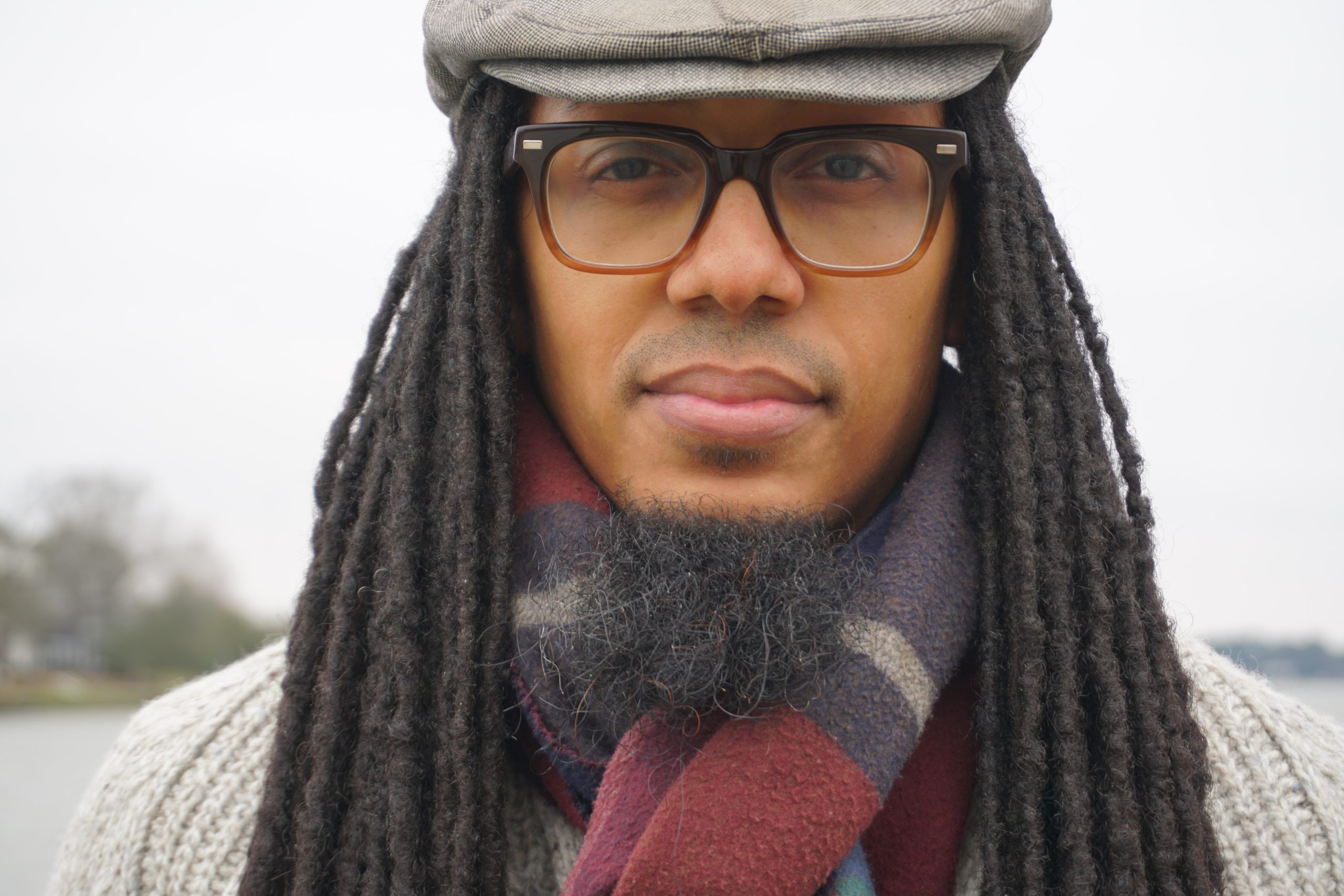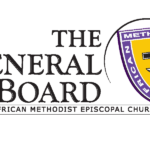By D’Weston Haywood, PhD., Columnist
From the Old School: Critical Race Theory & Education as a Practice of Freedom
By D’Weston Haywood, PhD., Columnist
Glenn Youngkin’s recent victory in Virginia’s gubernatorial election has been a cause celebre for many Republicans, especially for the ways it provided the GOP with an ostensibly new plank for its platform. In a memorandum to the Republican Study Committee, one Republican leader distilled the “lessons from Virginia” that Youngkin’s win signaled the blueprint for future GOP triumphs. Republicans “must become the party of parents,” the memorandum stated, prioritizing issues of education, schools, and curriculum, as Youngkin did, particularly in following his vocal opposition to Critical Race Theory (CRT). This supposed new blueprint actually grows out of strategies as old as conservative resistance to public school desegregation in the 1950s and 1960s, bussing in the 1970s, and the embrace of school choice that has led to the re-segregation of many public schools since the 1990s. These strategies are cut from the “old school” precisely because so too is the seemingly new phenomenon, CRT.
While CRT has now become a deeply politicized, catch-all term for anything “race,” the legal scholars that began advancing it in the 1970s would argue something different and far more complex. Kimberle Crenshaw, Derrick Bell, Richard Delgado, and Patricia J. Williams, among others, developed a body of high-level theory that asserts that race is, in reality, fiction. They reach beyond racism as a matter of personal prejudices to examine the intricate ways that race is made real by policies that sit at the core of American law, policing, and political and economic institutions. Critical Race Theory is usually taught in the confines of colleges, law schools, and graduate schools more than at the primary school level if this rather nuanced and complicated theoretical framework is taught at all to K-12 students. These scholars’ publications and talks are widely available to the public. The website for the American Bar Association even provides a useful summary of CRT. Still, opponents of CRT are not engaged in a serious, robust reading of CRT as a body of knowledge. That several states, including Tennessee, Idaho, and Arkansas, have banned it outright in public schools demonstrates this point. However, prohibiting CRT in and of itself is not even the real goal here. The real goal is also nothing new.
The development of CRT into a sophisticated school of thought has made race and racism worthy of sustained study at elite levels and, just as important, made people of color into intellectual authorities with expertise in exposing the failures of American democracy; and therein lies the problem. Critical Race Theory is rooted in a Black “old school” tradition, histories of Black pedagogical resistance dating back to slavery that has been centered on applying education as a practice of freedom. This longstanding educational philosophy remains dedicated to promoting critical thinking over rote memorization and investigating matters, such as race, to question and critique, if not challenge, structures of power. For these central reasons—Black theorists invested in education as liberation, then and now—Black educational practices always face intense resistance, even criminalization.





